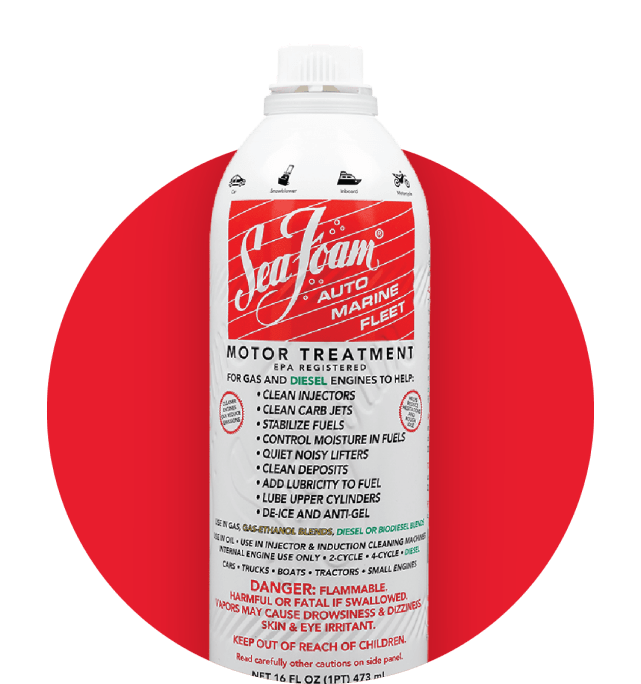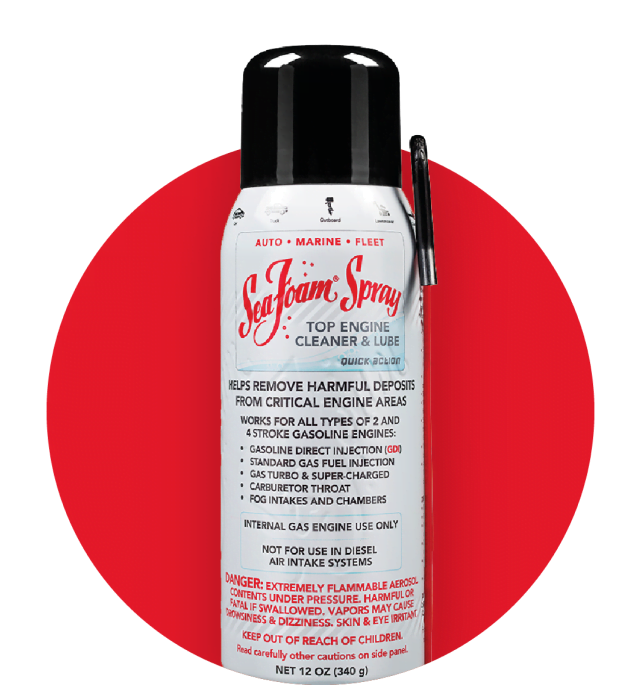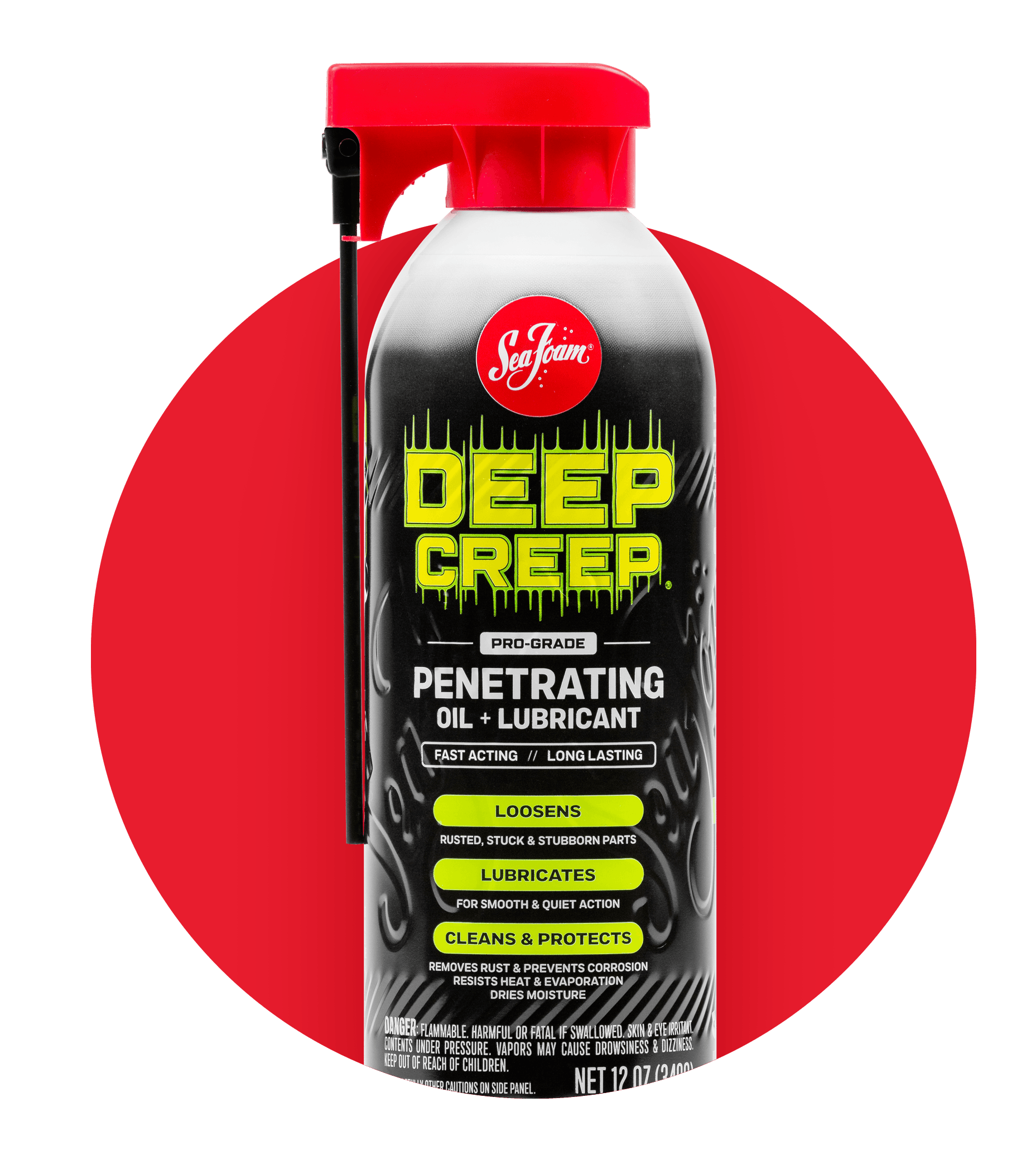PREVENTATIVE
MAINTENANCE
The team is capable of fixing all makes and models and performing all levels of repair, from oil changes to engine replacement. But as it was during the nonprofit’s early years, many of the repairs are simple. And those that aren’t could often be avoided through routine preventive maintenance.
Carlson recommends staying on top of the following:
Even if your wheels are just a little out of alignment, it can create premature tire wear, poor handling and even impact fuel mileage.
Brakes are designed to screech when pads are low, so you know it’s time for replacement.
“Once brakes become metal on metal, the vehicle becomes dangerous to drive,” Carlson says. “It also creates excess heat, which can cause premature wear to wheel bearings.”
“By staying on top of fluid changes, you can prevent a lot of issues that come from contaminants, wear, and fluid breakdown,” Carlson says.
While all fluids, from coolant to power steering and even wiper fluid, are important to keep an eye on, oil is most critical. Regular oil changes at manufacturer recommended intervals or more frequently are recommended.
“Most people don’t realize that modern engines don’t just use oil to lubricate and cool friction services,” Carlson says. “They also use it to hydraulically control things like tensioners on timing chains or variable camshaft timing components. It is very easy for contaminants and sludge to block passageways and prevent these systems from working.”
Fouled plugs can cause misfires, rough running, damage to catalytic converters and more. Changing them is quick and simple in most vehicles.
A busted timing belt can cause serious engine damage and quickly make your vehicle undriveable. Some obvious signs of a worn belt are fraying, cracking or noticeable wear.
Make sure your tires are properly inflated throughout the year. This is especially important during the winter in cold parts of the country, as your tires will lose pressure when the temperature drops. Proper inflation is important for proper performance and handling, as well as safety in poor driving conditions.
Whether you prefer to do your own maintenance or go to a shop for help, keeping these tips in mind will help you avoid major breakdowns.
“New vehicles can be intimidating and some routine maintenance is more challenging today than it used to be,” Carlson says. “Find a professional you can trust if you need help. There are so many things that can be done to prevent big problems.”
If you’re ready to part with your vehicle, though, Carlson is happy to find it a meaningful new home.
“Looking back, it was really a crazy move for me to quit my job and start a business in a new industry I had never worked in,” he says. “But it worked out really well, for me and so many other people. I love what I do.”
Carlson, from Fargo-Moorhead (the Fargo, North Dakota and Moorhead, Minnesota region) jokes that he still doesn’t know what that number is, but the thought weighed on him.
It weighed so heavily that ultimately, it set him on a course that would change his career, his life — and the lives of countless others.
Today, Carlson is the president and owner of Fix It Forward Ministry, a nonprofit that repairs and donates vehicles to people in need. The nonprofit operates in partnership with his for-profit auto shop, Fix It Forward Auto Care. Carlson met with Sea Foam to tell us more about his efforts, his advice for avoiding costly repairs, and how anyone can keep their vehicles running stronger, longer.
Fix It Forward Ministry got its start in 2014, after Carlson and car buddy Jeremy Jensen discussed how cool it would be to use their automotive passion to help others. They connected with their church’s pastor, who introduced them to the local YWCA, and found they could fill a significant void.
“They told us that transportation is the number-one barrier to their residents being self-sustaining,” Carlson says. “The YWCA was good at working with residents with counseling, job training, childcare, housing and all of these other issues, but transportation was holding them back.”
With the YWCA’s help, Jensen and Carlson put some solid systems and guardrails in place to protect themselves and customers and one by one, they started fixing cars in Carlson’s shed. They’d invite a bunch of friends over, spend a few hours on repairs and send them back to the owners.
“We enjoyed it, it was fun,” Carlson says. “And the reality is that most of the stuff that was wrong with the cars was relatively trivial, like a bad battery or bad tires. It was easy for us to fix, but it was life changing for the vehicle owner.”
A working vehicle can be the difference between whether someone can get to work, to the doctor, take their children to school or appointments, or attend other important life events. Carlson says there have even been examples of vehicles being needed to help people relocate away from abusive relationships.
After a few years, Carlson left the software engineering field to concentrate on Fix It Forward Ministry full time, launching Fix It Forward Auto Care, which now has four locations, as a way to support the nonprofit and expand its offerings. The ministry now primarily works on fixing up donated vehicles and giving them away — at an impressive clip of about three a week. Recipients are vetted through nonprofit partners, such as case managers at area shelters.
“We don’t give cars away to people who want to take it to bingo on Tuesday night,” Carlson says. “We give them to people who really need them, who can use them to positively change their lives.”
Sea Foam solutions help Fix It Forward Ministry and Fix it Forward Auto Care make quick work of getting vehicles running strong and back on the road. Here are a few products that are always on hand in their shops:
Use: Powerful penetrating oil and lubricant helps loosen the most stubborn bolts, which are common in the Midwest where rust is always present.
Carlson’s take: “I hire very experienced technicians and we’ve tried a lot of different penetrating fluids. We use Deep Creep exclusively now because it works better than anything else we’ve used.”
Use: Removes carbon deposits from intake valves in Gasoline Direct Injection (GDI) engines.
Carlson’s take: “There are only two solutions to this problem. One is to remove the intake and physically scrape the valves clean and walnut blast them. The other is to use a cleaner like Sea Foam Spray, which is much easier and more affordable. And if you use Sea Foam Spray regularly in your GDI engine, you can prevent this problem from ever happening in the first place.”
Use: Cleaning fuel systems of vehicles that have been parked for a long time, stabilizing fuel in infrequently driven vehicles, fuel gelling prevention in diesel engines, crankcase cleaning.
Carlson’s take: “A lot of engine problems can be traced to fuel. Fuel treatment can help solve those and prevent them from happening. Using Sea Foam Motor Treatment in oil, we’ve been able to save some engines with excessive sludge buildup. It’s the only non-invasive solution.”
related
products
For motors of all shapes and sizes.



